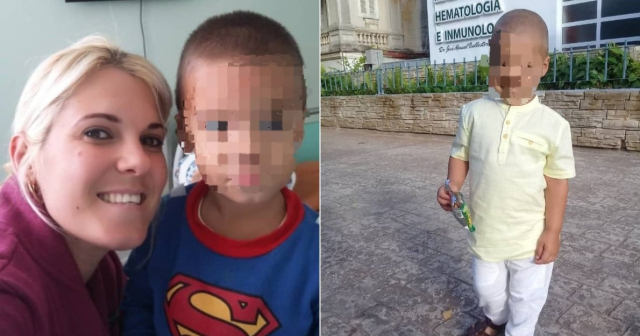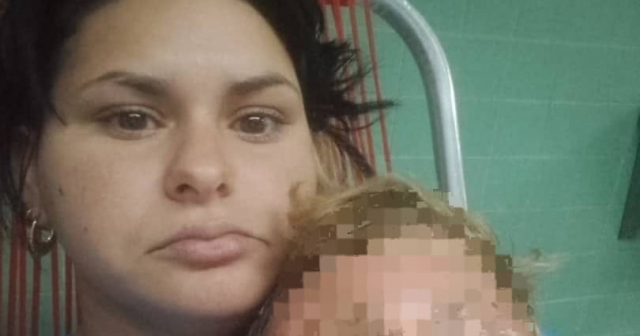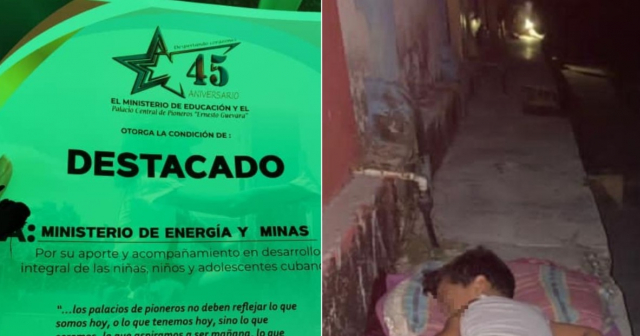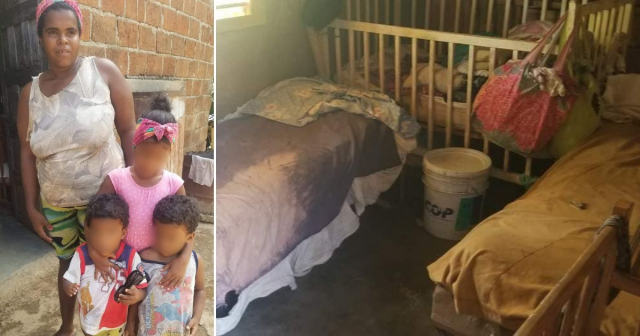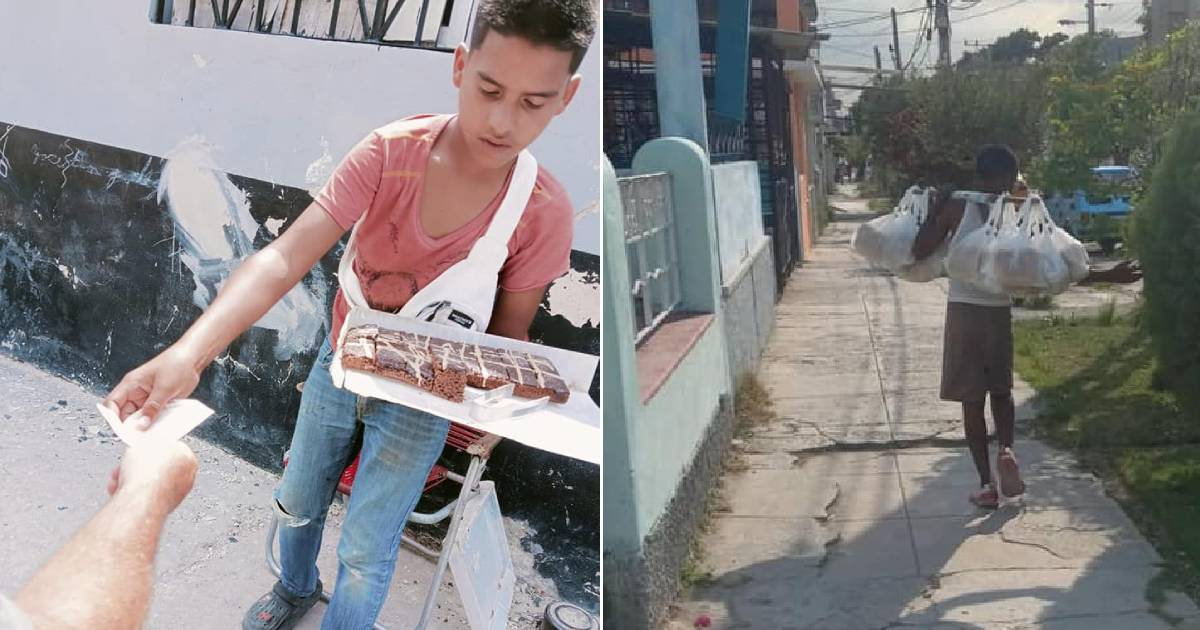
The Cuban regime admitted last Friday the growing problem of children and adolescents working in Cienfuegos, but completely blamed the families, avoiding its responsibility in the social and economic crisis affecting the country.
The official newspaper 5 de Septiembre quoted Lieutenant Colonel Marilín Cuellar Valdivia, Head of the Minors' Office of the Ministry of the Interior in Cienfuegos, who did not hesitate to lash out at the families of these children and adolescents, stating that “in the majority of cases, it is an activity incited by the adult relatives themselves, or at least permitted by them.”
According to Cuellar, this situation, which constitutes a disciplinary issue, should not be seen as "something normal" and specified that it is more frequent in the popular councils of Caonao, Tulipán, and Junco Sur.
The news portal indicated that it is common to see children and teenagers selling various products, especially seasonal fruits like mangoes, avocados, and mamoncillos.
In relation to bathing areas, such as beaches and rivers, the official website criticized the role of families by pointing out the lack of supervision and care for minors, blaming them for the fatal incidents recorded in previous years.
In addition, the authorities limited themselves to stating that these incidents occurred because the minors were alone or, in some cases, accompanied by their parents, but without effective control, without mentioning the mandatory presence of lifeguards in the areas designated as bathing zones.
Lieutenant Colonel Cuellar expressed her concern about the presence of minors in recreational places until late at night and in the early morning, without the company of adult family members.
According to her, this situation makes them vulnerable to becoming victims of various criminal acts or even to committing social indiscipline themselves, such as smoking cigarettes and consuming alcoholic beverages.
He mentioned that what happened during El Bebecito's concert, where several minors were caught climbing the walls of Tropisur, clearly demonstrated a lack of discipline.
He also blamed the family for the dangers that children and teenagers face on public roads when riding bicycles, mopeds, or horse-drawn carts without the company of adults, especially during the most dangerous times of dusk and night.
In addition, he pointed out the risks associated with playing soccer or other sports in the streets, which not only obstruct traffic but also increase the likelihood of minors being run over or other people getting injured.
The authority also highlighted teenagers aged 12 to 15 who run away from home, often due to abuse or dissatisfaction, and in most cases, these minors do not live with their parents.
However, although it urged people to report these events quickly to facilitate the search, the article published by the state-run newspaper fails to mention the regime's responsibility in these cases that affect children and adolescents.
However, the news portal deemed it appropriate to remind that, legally, the current Cuban laws, such as the Constitution, the Family Code, and the Penal Code, clearly define the responsibility of adults regarding the comprehensive care of minors, and establish the measures that can be applied to those who fail to fulfill this duty.
The issue of children and adolescents working is neither new nor exclusive to the province of Cienfuegos.
Two Cuban children were seen in May selling candies to make a living in Havana, a scene that has become familiar in Cuba, where the regime has historically boasted of having eradicated child labor.
In Cuba, although the law prohibits child labor and protects the rights of minors, according to the Constitution and the Labor Code, the truth is that the official press has had to acknowledge its existence in the country, affected by the greatest economic crisis in its history.
A study conducted by the newspaper Sierra Maestra revealed cases of primary school students who skip classes to work. They arrive late or are absent from school to help their families, something that the regime has criticized for decades, blaming capitalism and asserting that "that doesn't happen in the Revolution."
What do you think?
COMMENTFiled under:


